Patent Attorneys & Patent Lawyers Melbourne
Patent & IP Specialists
Our highly knowledgeable patent attorneys and lawyers will help you protect your innovations with patent registration and provide advice and legal assistance regarding patent validity, patent management, and patent dispute resolution.
Free Initial Consultation
"*" indicates required fields
- Expert Legal Advice
- Safeguard Your Innovations
- Fixed Fee Pricing
Highly Skilled Patent Lawyers & Patent Attorneys in Melbourne
Our dedicated Melbourne team of patent lawyers and attorneys are committed to offering comprehensive support and advice regarding patent registration, portfolio management, dispute resolution, and litigation if required. Directed by Nicholas Milne, Actuate IP’s Patent team is a premier Australian patent attorney service, expertly guiding you through domestic and international patent law matters.

What Is A Patent & Who Is Eligible To Get One?
A patent grants exclusive intellectual property rights for a new invention, preventing others from making or using it without permission.
In Australia, individuals or companies can apply if an invention is:
- innovative
- useful
- and has not been publicly disclosed.
Our firm offers practical advice, validity assessments, and expert guidance on a diverse range of inventions, ideas and technologies. With a proven track record, we help innovators protect their work and gain a commercial edge.
Get in touch for a free consultation, where we can discuss your patenting needs and provide a fixed-fee quote for your project.
Do I need a Patent Attorney or a Patent Lawyer?
Patent Attorneys
Can assist you to draft, file, and manage patent applications, conduct searches, respond to objections and provide strategic advice on patent protection.
Patent Lawyers
Handle patent disputes, litigation, infringement claims, licensing agreements and court representation regarding patent ownership or enforcement.

We Can Help You Register, Manage & Protect Your Patent
Our team of patent attorneys and lawyers delivers professional support to ensure your intellectual property is safeguarded at every stage of the patent process.

Evaluating Patent Eligibility
Conducting thorough assessments and searches to confirm your invention’s eligibility and address potential hurdles before filing.

Developing Strong Applications
Preparing detailed and effective patent applications to secure comprehensive protection and optimise commercial outcomes.

Overseeing Patent Filing
Managing the filing process with precision, resolving objections, and liaising with IP Australia and global patent offices.

Managing Your Patent Assets
Providing tailored strategies for the maintenance and optimisation of patent portfolios to align with your business objectives.

Addressing Infringements
Advising on strategies to handle infringement, including enforcement actions such as cease-and-desist notices, negotiations, or legal proceedings.

Navigating Disputes
Offering representation for litigation or guidance through alternative resolution methods to address disputes efficiently.
How Does The Patent System Work In Australia?
If you have a new, original idea, you can apply for a patent to protect it from being copied. The process starts with a patent search, followed by a PSO (preliminary search and opinion) to assess its patentability. You may also want to obtain validity advice before starting the process.
Once you’re ready, you can apply for either a Provisional or Standard Patent. The application process is detailed and involves fees, along with potential costs for errors or international filings. With expert guidance, we provide the support and resources to help you navigate this process efficiently and protect your invention.

What types of patents are available?
Provisional Patents In Australia
A provisional patent in Australia is a temporary filing that provides a 12-month period to test and develop your invention before applying for a full (standard) patent. It doesn’t require formal patent claims but secures a filing date, allowing you to label your invention as “patent pending” during this time.
Standard Patents in Australia
A Standard Patent in Australia offers up to 20 years of protection for your invention or 25 years for certain pharmaceuticals. It can follow a provisional patent or be filed directly. The process includes a detailed examination by the Patent Office, typically taking one to two years.
Skilled examiners assess patents, and their workloads may impact the timeline of your patent application. During this period, there are specific reporting requirements that must be met, and responding to any examiner’s objections is crucial for success. Patent attorneys guide you through the process, ensuring you’re prepared for applications, examinations, and objections.
Innovation Patents: 2021 - 2029 Transition
Innovation Patents, previously tier-two patents, are being phased out in Australia, with the transition starting in August 2021 and completing by 2029. While still valid for patents filed before or during early 2021, these patents no longer undergo active processing and are gradually being replaced.
How is the patent system structured in Australia?
If you possess a novel and unique concept vulnerable to replication, you can seek a patent for your innovation. Typically, the journey commences with an exploration of existing patents, complemented by an optional PSO (Preliminary Search and Opinion) to gauge the patentability of your invention.
Subsequently, you can apply for a Provisional Patent or a Standard Patent, with potential success leading to the grant of patent rights. Nevertheless, these steps are merely the tip of the iceberg. Compiling a comprehensive application is a substantial undertaking, accompanied by application fees and potential charges for errors or omissions. Moreover, venturing into international patent filing introduces additional complexities to the process.

Our Melbourne Patent Lawyers
A selection of the clients we have worked with






























Seamless Patent Coordination with Actuate IP
Step #1
Free Initial Discussion
Step #2
Receive A Clear Proposal
Step #3
Review and Finalise
Book Your Free Initial Consultation
"*" indicates required fields
Frequently Asked Questions
Is a patent attorney the same as a patent lawyer in Australia?
While the term attorney is used far less in Australia than in the US, an exception exists for Patent Attorneys. In Australia, a Patent Lawyer is not the same as a Patent Attorney.
A registered Patent Attorney specialise in filing patent applications, advising on intellectual property, and tailoring services for specialised industries. Patent Lawyers handle disputes, litigation, and court matters but cannot file patents.
At Actuate IP, our team of both ensures comprehensive support for all your IP needs!
What are the prerequisites for patent eligibility?
To begin with, the subject you intend to patent must meet the criteria of being ‘patentable‘. It should be both novel and fall within a patentable category, such as a medical device or a manufacturing process.
Certain entities, such as mathematical concepts, aren’t eligible for patents and might instead be protected under copyright law—like an artistic creation. Furthermore, the subject must not have already been made publicly available. It won’t qualify for patent consideration if it’s already in the public domain or has been showcased at an industry event.
In addition, it needs to display an element of inventiveness, even though this can be a somewhat subjective determination. It should also serve a practical purpose, demonstrating a credible and valuable application. Another critical criterion is that the subject must not have been sold or utilised previously, reiterating the importance of novelty. Given the multifaceted nature of these considerations, enlisting the assistance of trademark attorneys early on proves to be highly advantageous.
What can't be patented?
Numerous items are ineligible for patents. Eligible subjects encompass products, medical devices, pharmaceuticals, mechanical engineering inventions, business processes, software, and more.
Alternative safeguards like trademarks and copyrights exist. While patent and trademark law share similarities, they diverge in coverage and procedure, warranting exploration of suitable intellectual property protection.
Will I require international protection for my patent?
If you’re considering international patent protection, it’s essential to collaborate with an experienced Melbourne intellectual property law firm well-versed in global IP safeguards. Our firm’s network of skilled IP and trade mark attorneys possesses deep insight into various patent application requirements across jurisdictions.
Obtaining an International Patent is wise if your trademarked product holds profit potential in foreign markets, enhancing your patent’s value. Imagine launching local consumer goods with Australian patents, only to discover unexpected global demand. Others might have secured patents in various countries, challenging entry without licensing your IP.
Our adept patent and trademark attorneys specialise in creating a comprehensive international strategy. We evaluate the impact of an Australian Patent on your short—and long-term innovation and explore the necessity of extending protection to other countries.
However, investing in international patenting might not be prudent if your idea’s feasibility is uncertain. A ‘global’ patent doesn’t seamlessly cover all bases, highlighting the need for early, clear guidance. The 1970 Patent Cooperation Treaty simplifies matters by offering patent protection across 157 countries, excluding around 40 non-participating nations.
Contact the friendly staff at our Melbourne office to book a time with one of our highly experienced Patent Lawyers or Attorneys.